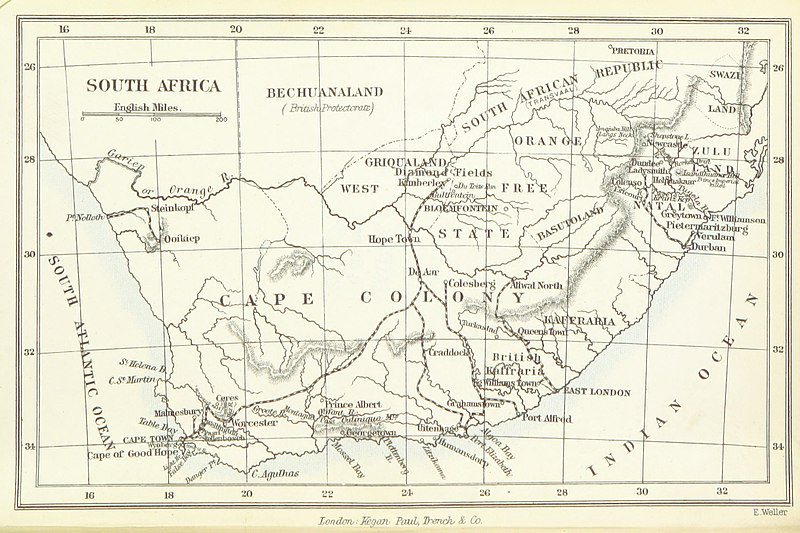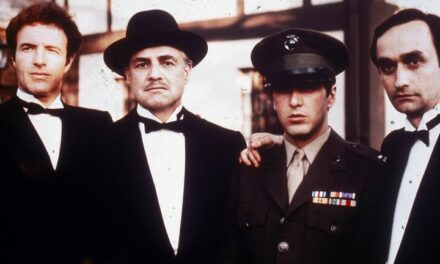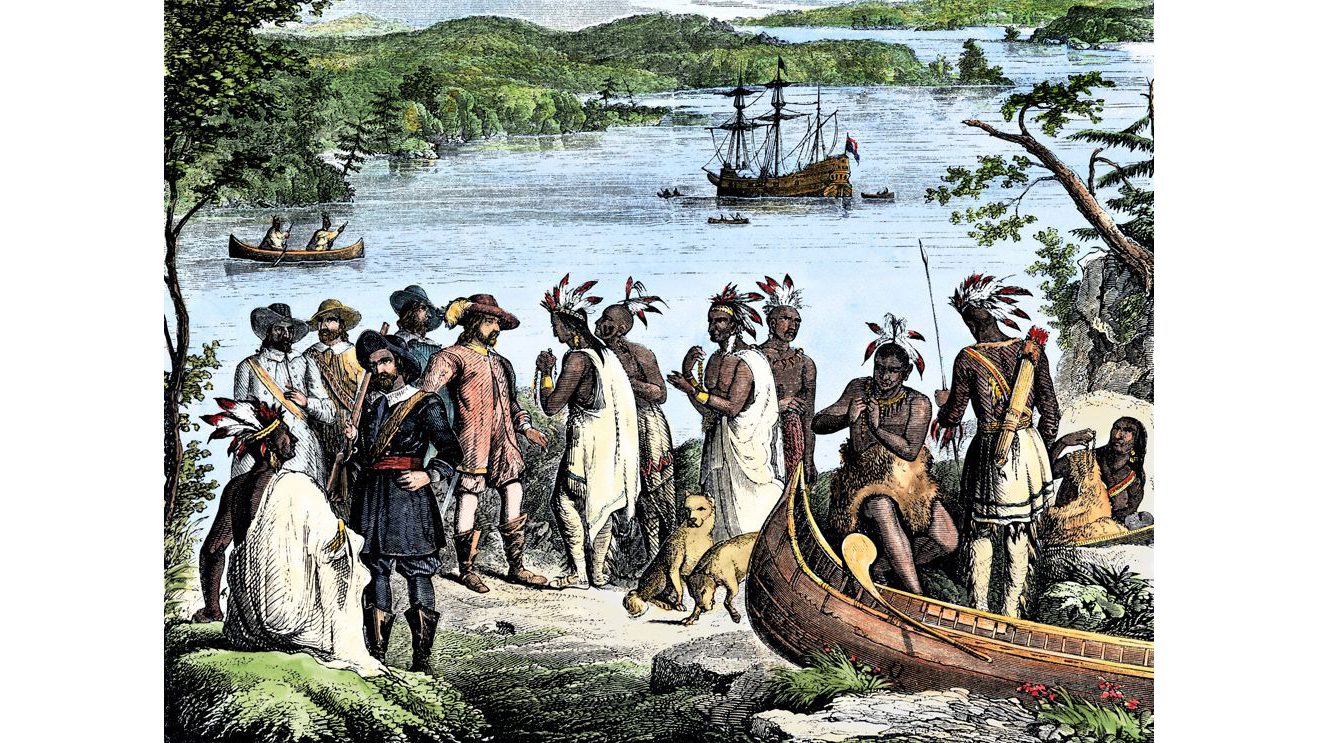Estimated reading time: 6 minutes
The battles between Britain and France following the French Revolution and into the Napoleonic Wars had far-reaching effects, not only in Europe, but across the globe. Caught in the crossfire at the tip of Africa was the Cape Colony.
By Madison Moulton

As a stop-off on the route to India, the Cape Colony had been frequented by European ships since the 17th century, but it became a strategic port at the start of the French Revolutionary Wars. Originally controlled by the Dutch, the port was taken over once by the British as a military strategy against the French. It was returned after a brief period of occupation, only to be taken again during the Napoleonic Wars for the same purpose.
The British retained control of the Cape for nearly 100 years, fundamentally changing the politics, demographics, and military history of the country. This influence is still evident today.
Battle of Muizenberg
On the first of February, 1793, France declared war on Britain and the Dutch Republic. This declaration followed several years of tension between France and the countries of Europe after the French Revolution. Weary of the upheaval in the country and the opposition to rule by monarchy, neighbouring countries gathered their military at the borders. Diplomatic relations broke down and France declared war first on Austria and Prussia in 1792, then on Britain and the Dutch Republic in 1793, as well as a host of other countries.
The Cape Colony was drawn into the fight just two years later when France successfully invaded and attacked the Dutch Republic. As the Colony was controlled by the Dutch, it effectively became French territory after the invasion. Britain feared they would lose access to the port, severely impacting the operations of the British East India Company in Asia. Instead, they chose to attack the Colony in an attempt to take complete control.
The British attacked from the coastal Simon’s Town and marched to Muizenburg where a short battle against the hastily organized Dutch forces lasted only a few hours. The Dutch quickly surrendered, and the Cape Colony became the property of the British.
In 1802, the Treaty of Amiens was signed to end the French Revolutionary Wars. A condition of this treaty was the return of the Cape Colony to the Dutch Republic (or the Batavian Republic as it became known), which Britain agreed to. The Dutch happily regained control, although it would only be for a short period, as another war was on the horizon.
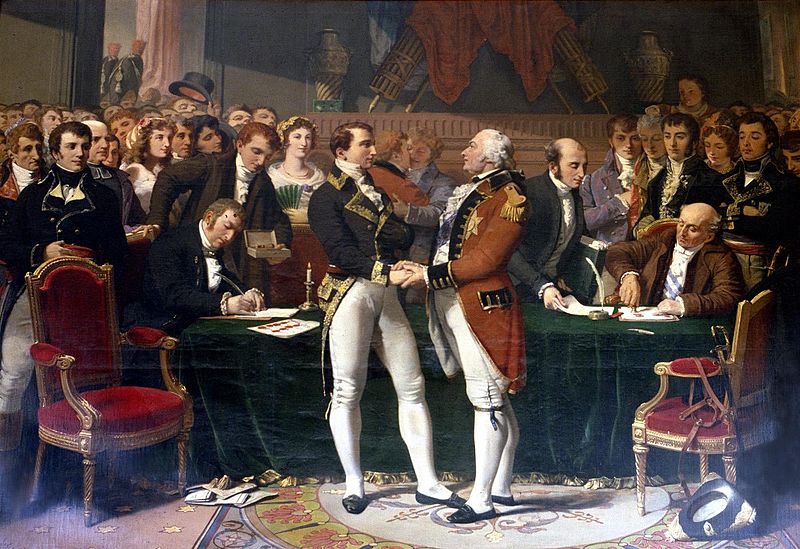
Battle of Blaauwberg
The brief period of ‘peace’ – better described as tension without outright war – following the Treaty of Amiens lasted only a year, as war was declared again in May 1803, this time by Britain against France. The British were unhappy with Napoleon’s conduct following the signing of the treaty. He continued to exert influence across Europe, taking control of areas outside of France and altering political structures.
Napoleon’s expansion throughout Europe once again threatened the ability of the British to operate in the strategic port of the Cape Colony. In order to protect their economic assets and prevent the Colony from coming under complete French control, the British launched another attack early in 1806. Governor of the Cape Colony Lieutenant General Jan Willem Janssens gathered a fleet to counter the attack.

The two armies met at Blaauwberg mountain, the British unit with over 5 000 men under the command of Lt Gen Sir David Baird, and the Dutch unit less than half that size. The Dutch were not able to hold the British forces back, and they reached Cape Town on the 9th of January, 1806. The commander of the town surrendered, and General Janssens followed suit just over a week later, once again handing the Colony over to British control.
Small Battles, Big Impacts
These two battles, but especially the Battle of Blaauwberg of the Napoleonic Wars, may seem relatively insignificant in the wider context of the wars between Britain and France in this period. However, these small battles had major consequences for the history of the Cape Colony, later to become the Union of South Africa.
To increase the English population in the Cape Colony and tackle unemployment in Great Britain, the government encouraged British settlement in South Africa. Now know as the ‘1820 settlers’, these migrants formed part of one of the largest British settlement groups in Africa. Around 4 000 settlers arrived on the coast and took up farming in what is now the Western and Eastern Cape.
This greatly increased the English-speaking population and fundamentally changed the demographics of the country. Today, descendants of this British diaspora stand at nearly 2 million people, mainly in the areas first populated by these settlers.

However, the demographic changes were minor when compared to the geographic and military impacts this small battle had on the future of the Colony. British settlement along Algoa Bay created tension with the Xhosa population, fueling the flames of the Xhosa Wars that lasted 100 years – the longest colonial battle in Africa. British control also angered the Dutch population, who sought independence from British rule. This tension ultimately culminated in the Anglo-Boer Wars of 1880 and 1899 that ended in British victory, leading to the creation of the Union of South Africa in 1910.
These were not the only major changes in the country. Many legacies of British rule in the 19th century – such as land dispossession and the discovery of gold – still greatly impact the country over 150 years later.
These massive influences stem from two relatively small battles – the Battle of Muizenburg and the Battle of Blaauwberg – that were minor conflicts in the scale of the wars between Britain and France. Ultimately, the events of the Napoleonic Wars, however small, shaped the history of modern-day South Africa and continue to influence the country today.
These podcasts give more insights to this critical period of history for South Africa.
Articles you may also like
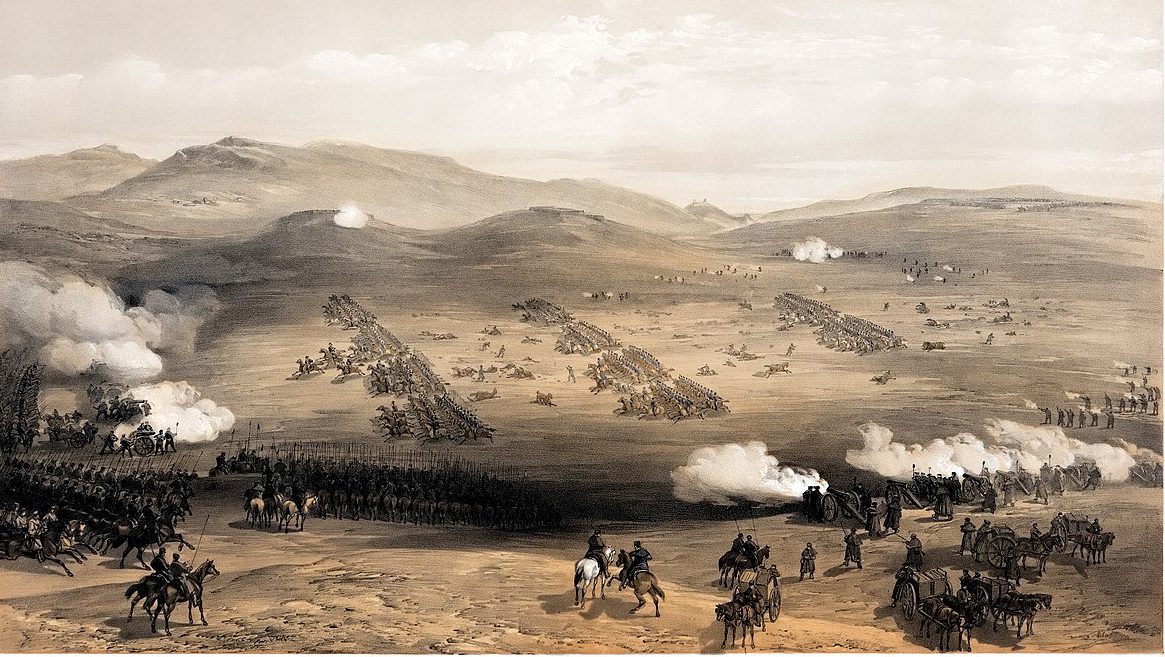
Could the Charge of the Light Brigade have worked?
COULD THE CHARGE OF THE LIGHT BRIGADE HAVE WORKED? Middle East tensions. Russian soldiers in Crimea. Western nations’ warships in the Black Sea. Those descriptions sound like Russia’s 2014 takeover of Crimea. But they also applied 150 years earlier during The Crimean War between Russia and a British-French-Turkish alliance. That war is largely forgotten now, apart […]
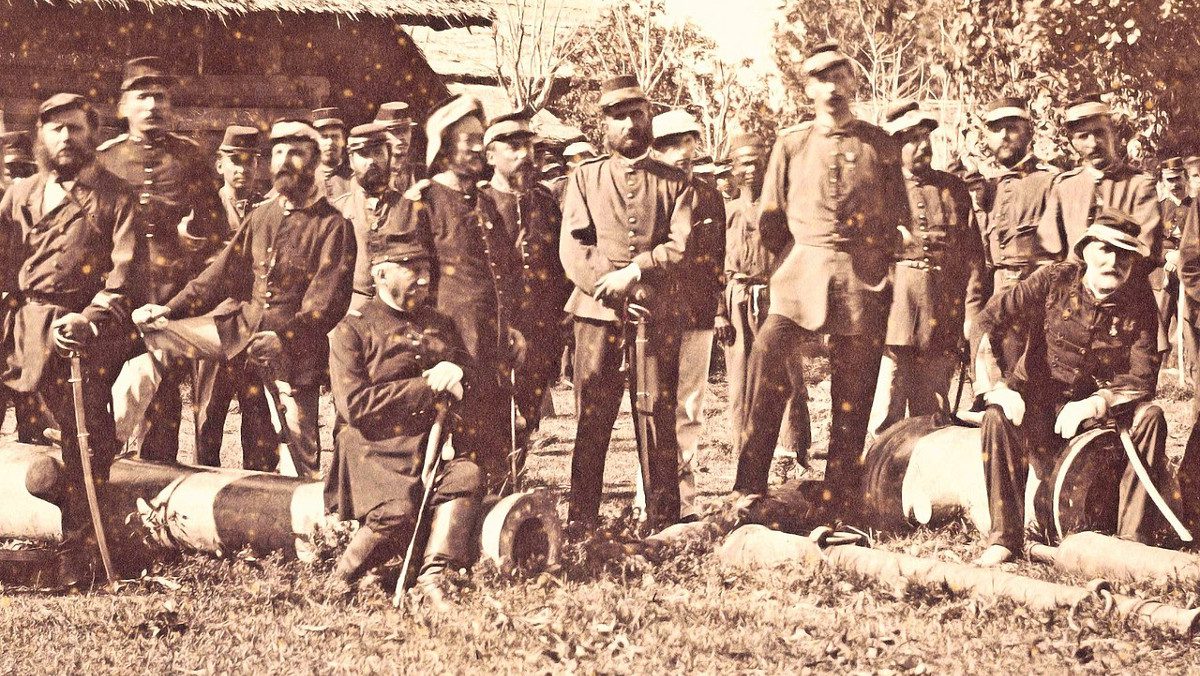
Blood and Pepper: The Aceh Wars
The history of the Dutch East Indies is a blood-soaked tale of war and subjugation in the name of national honour, though in the background it was lucrative spice trade that was the real motivator. In this article, we’ll lift out one particular aspect of this 350-year-long saga, and talk about the Aceh war, one […]

